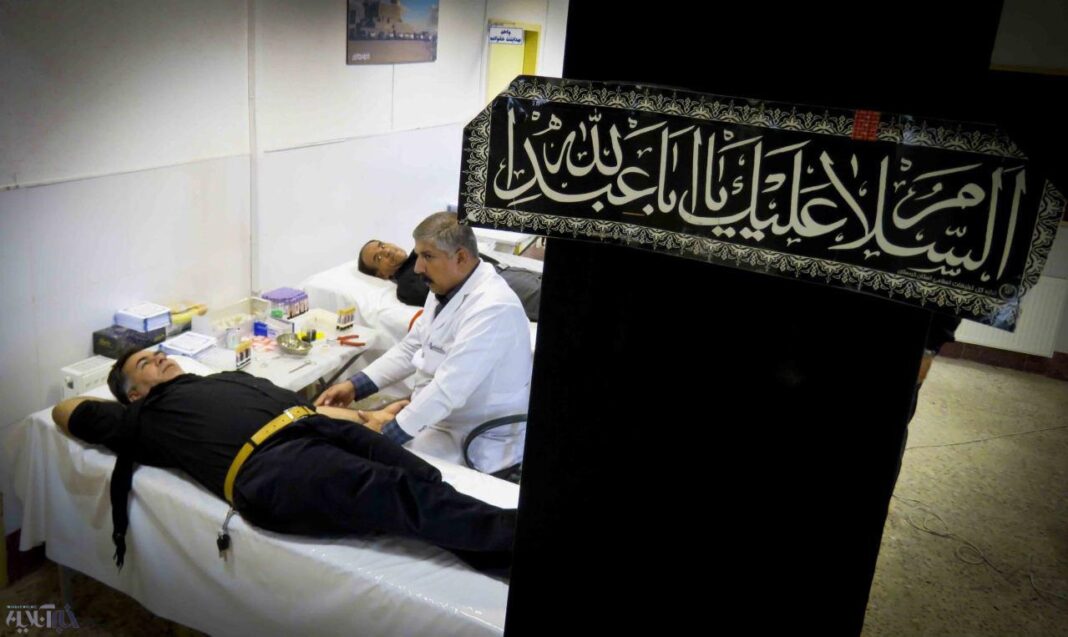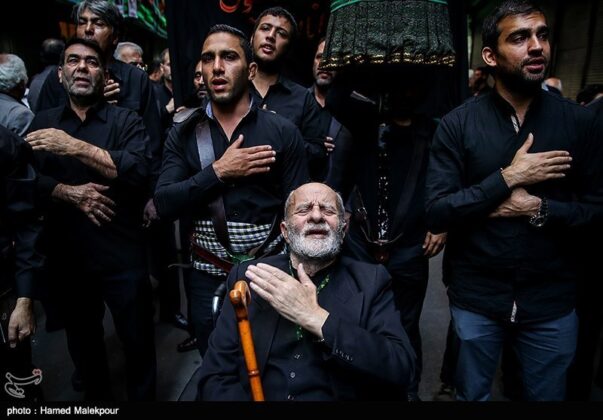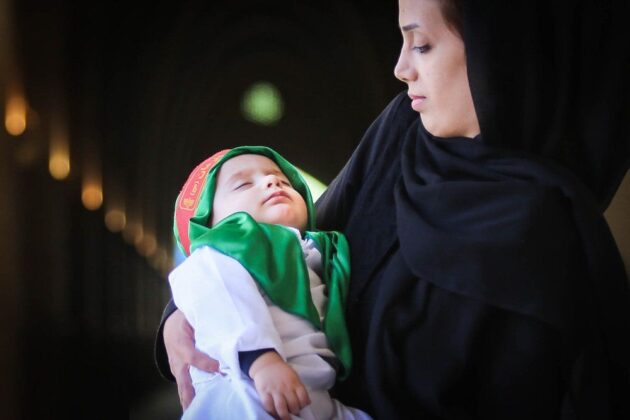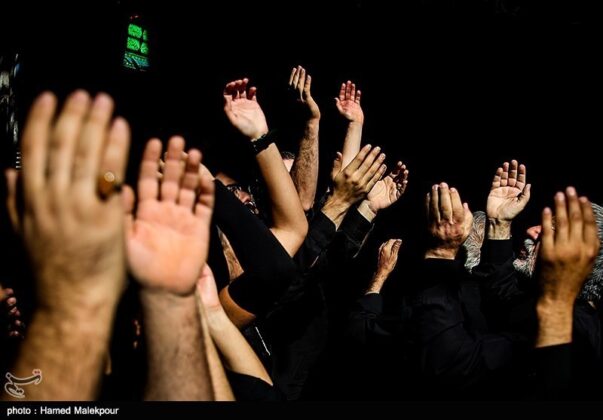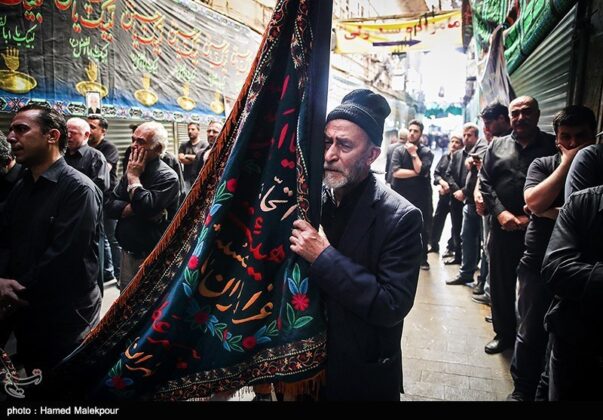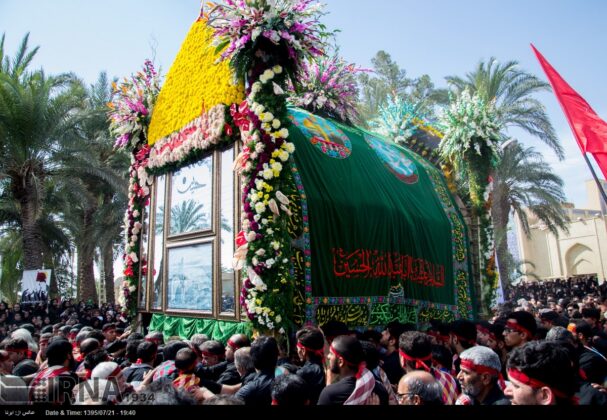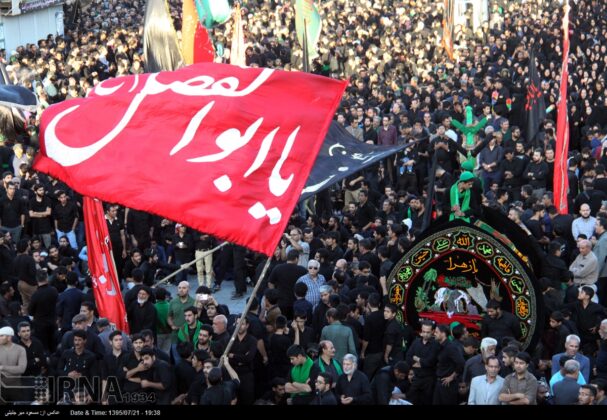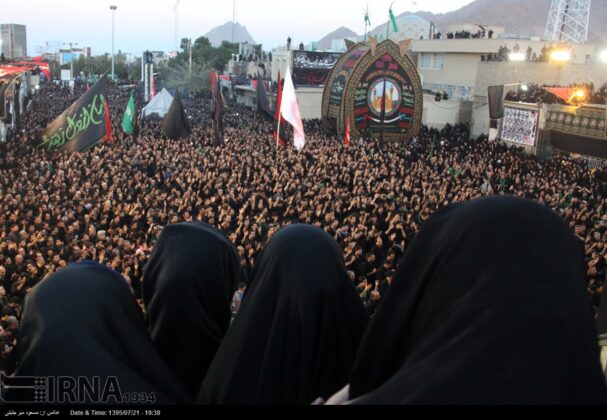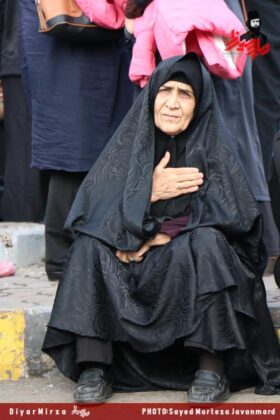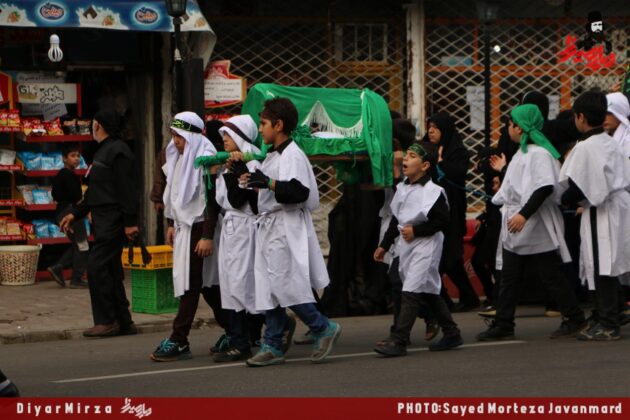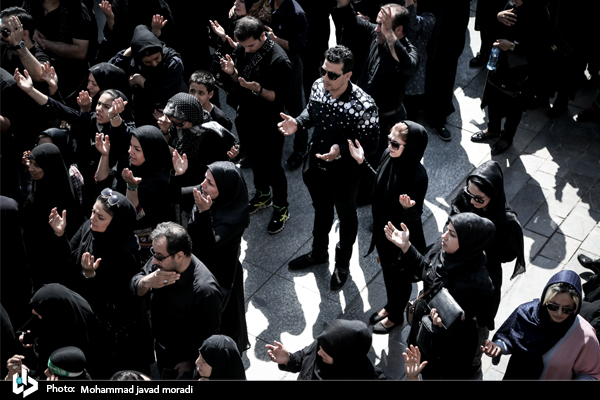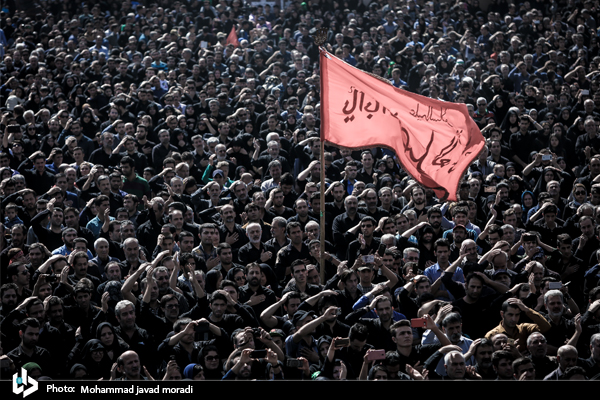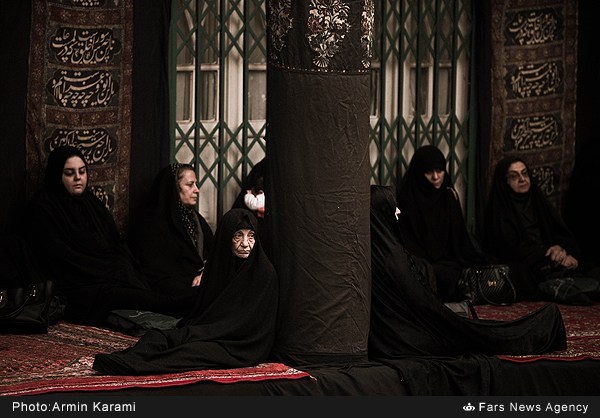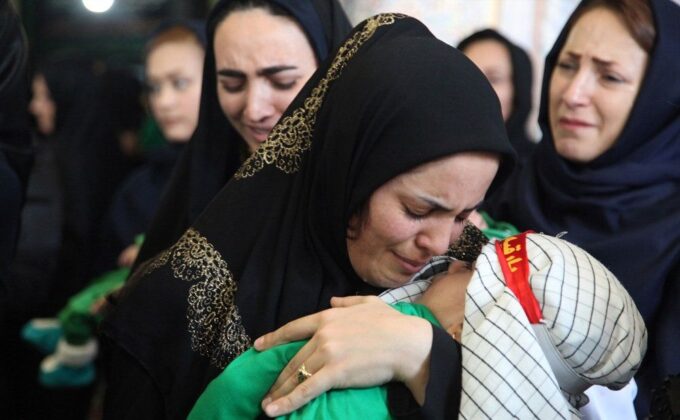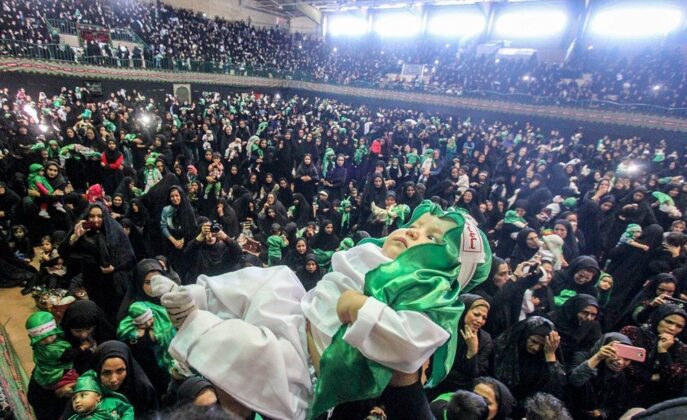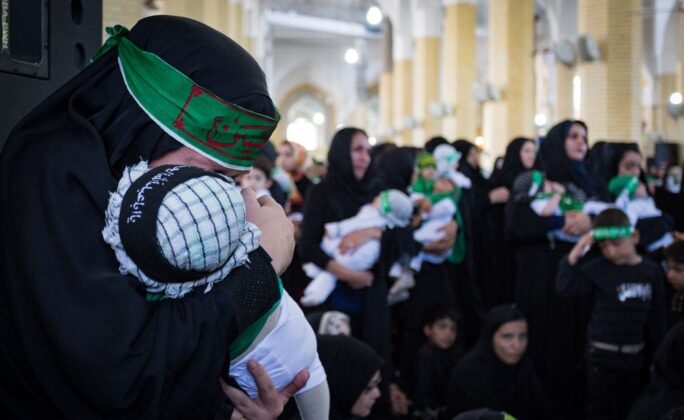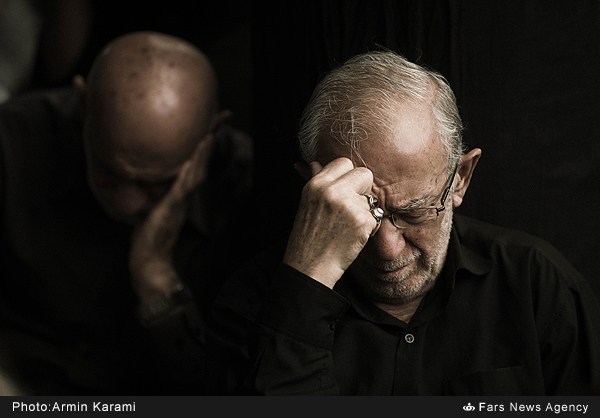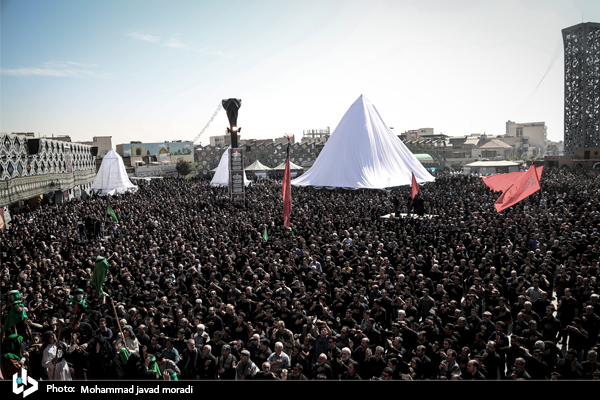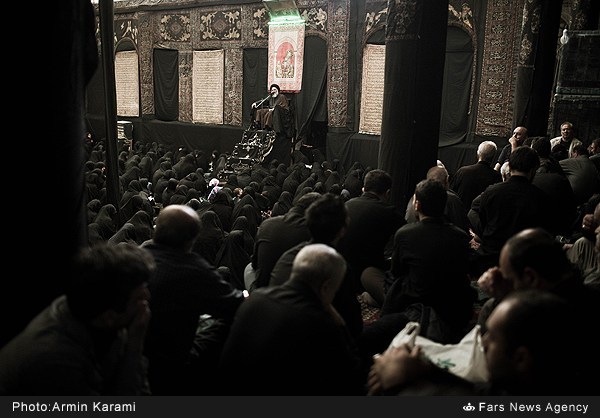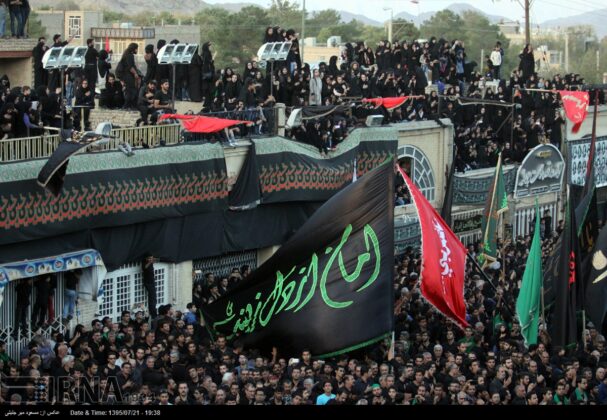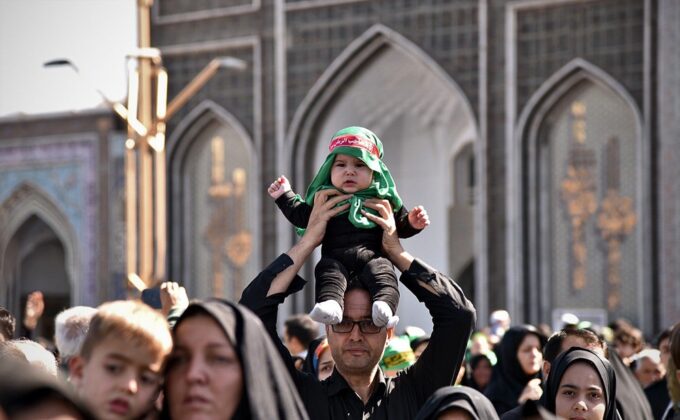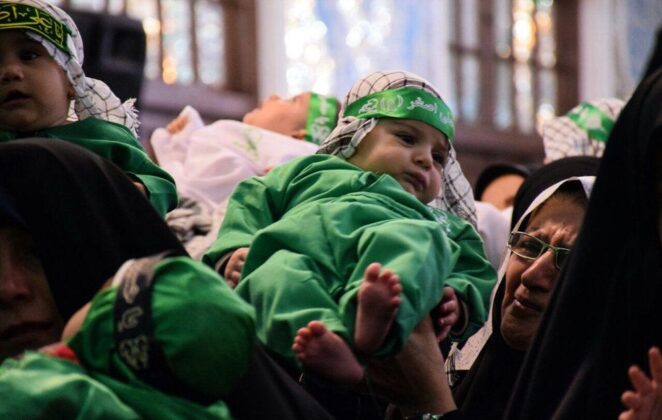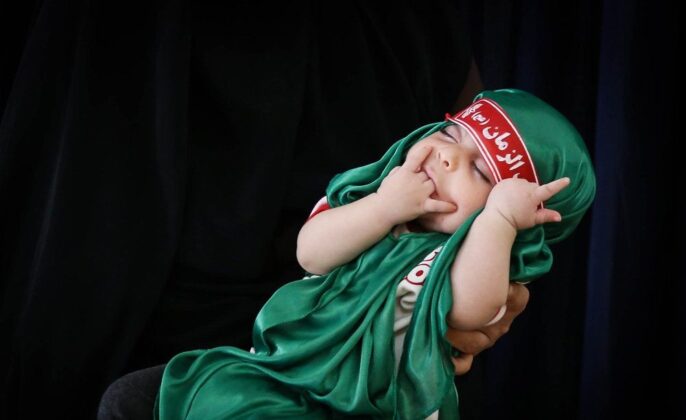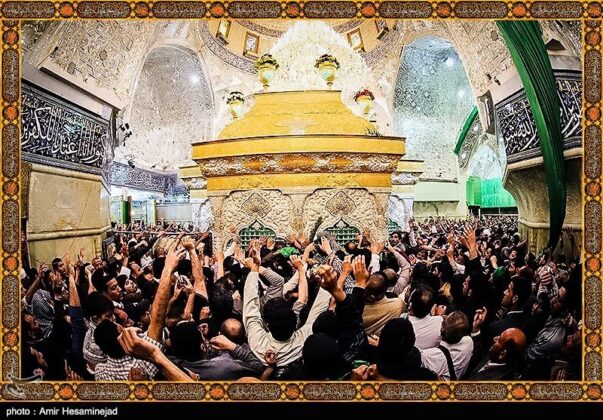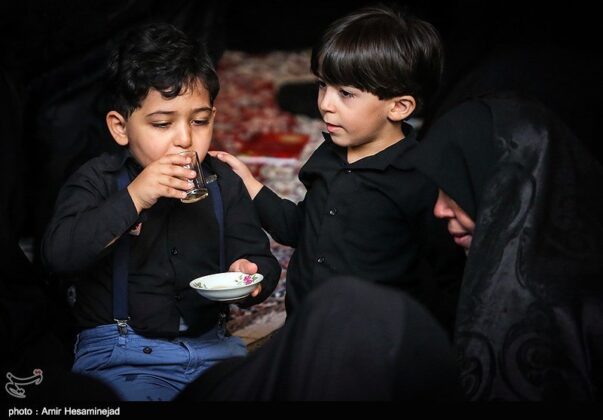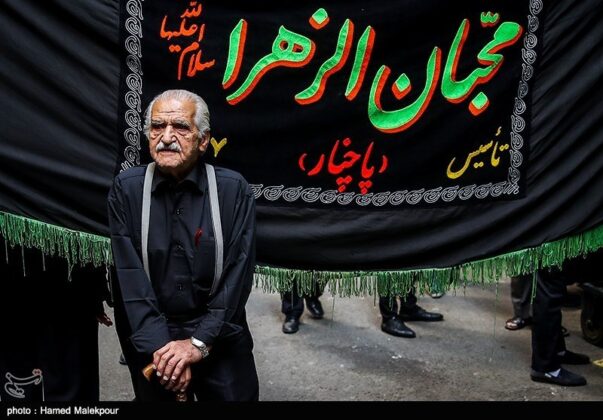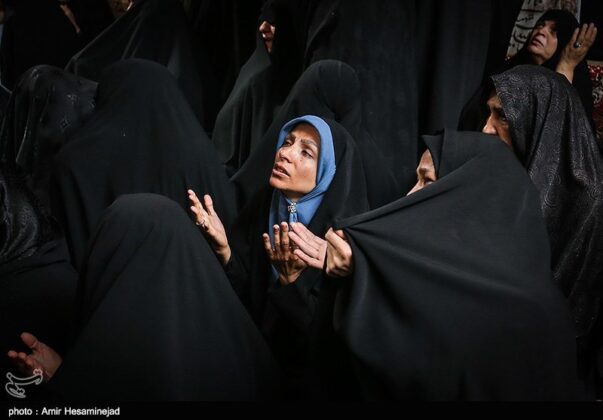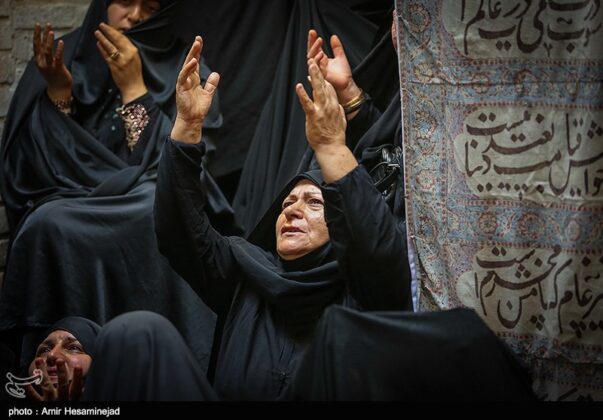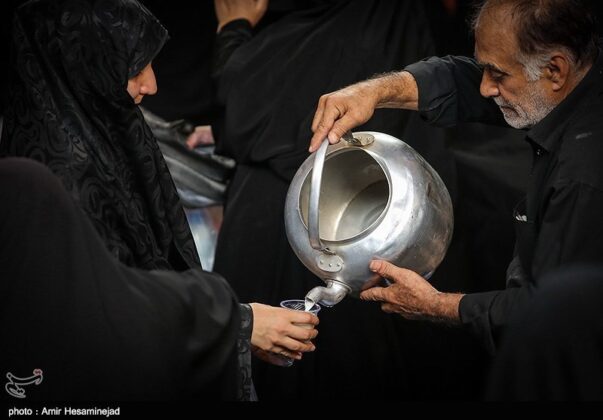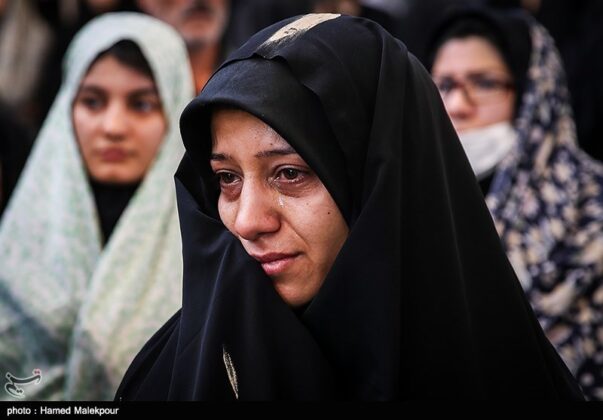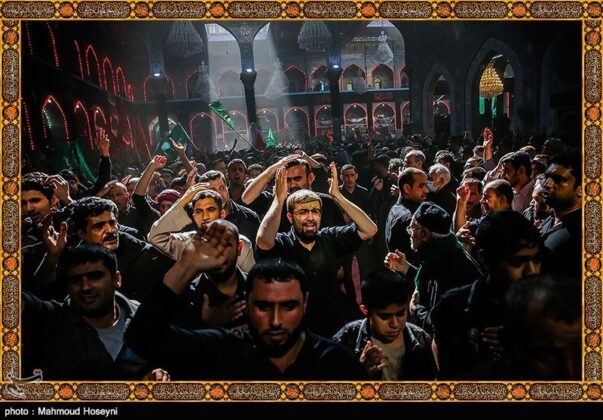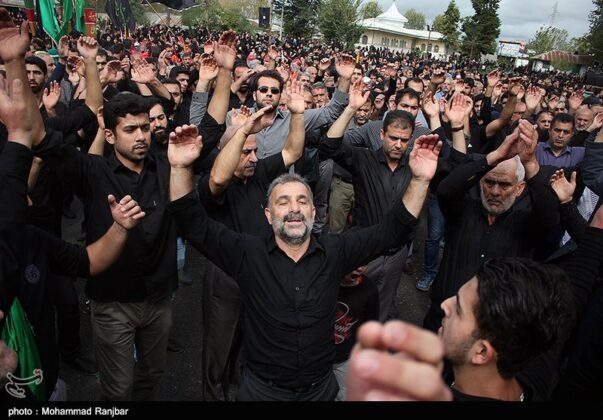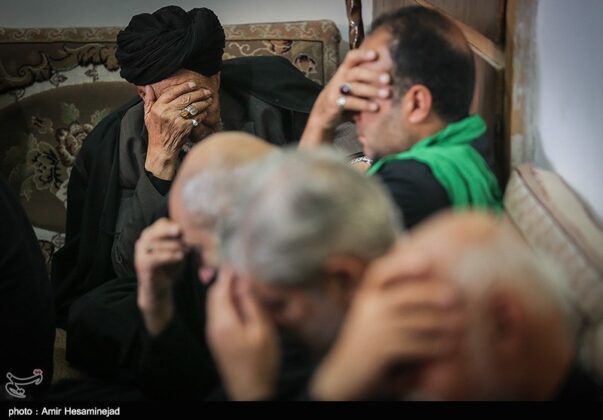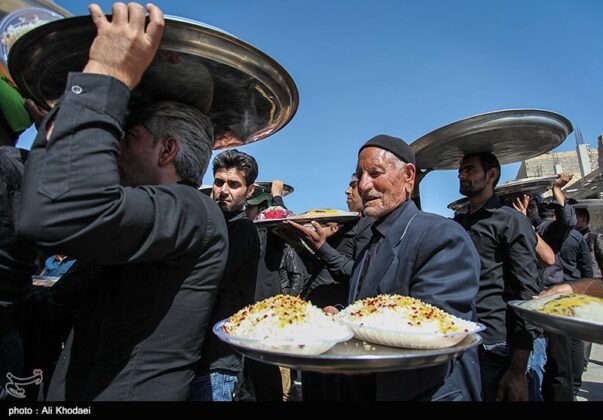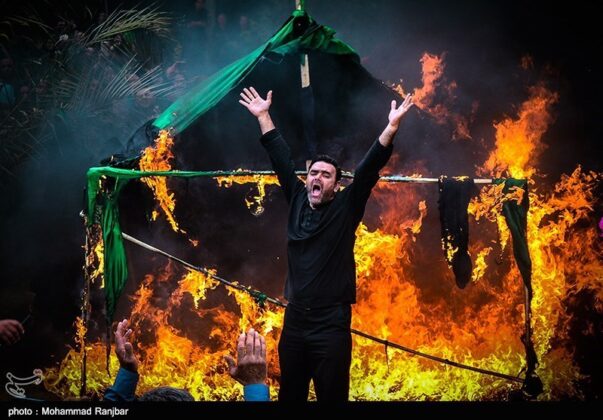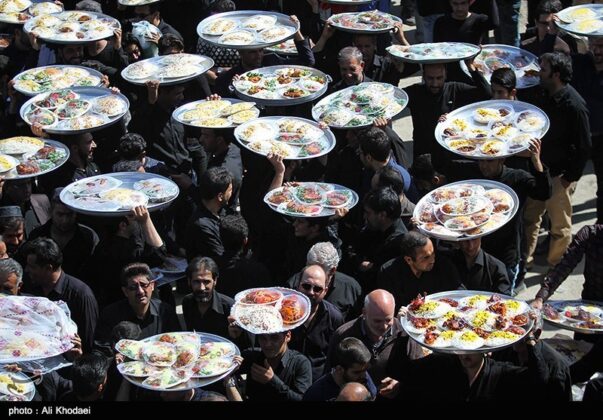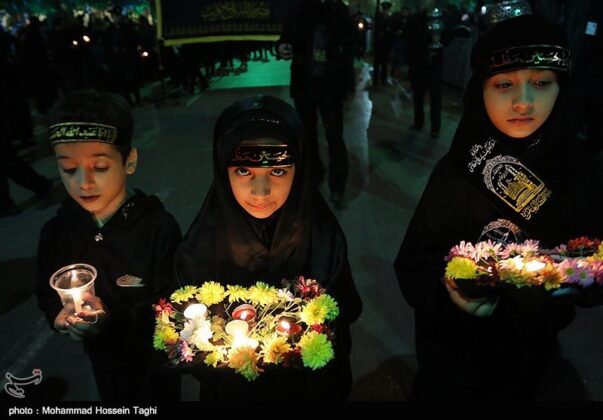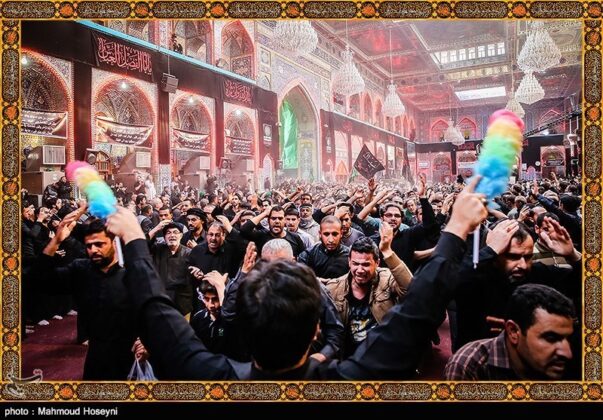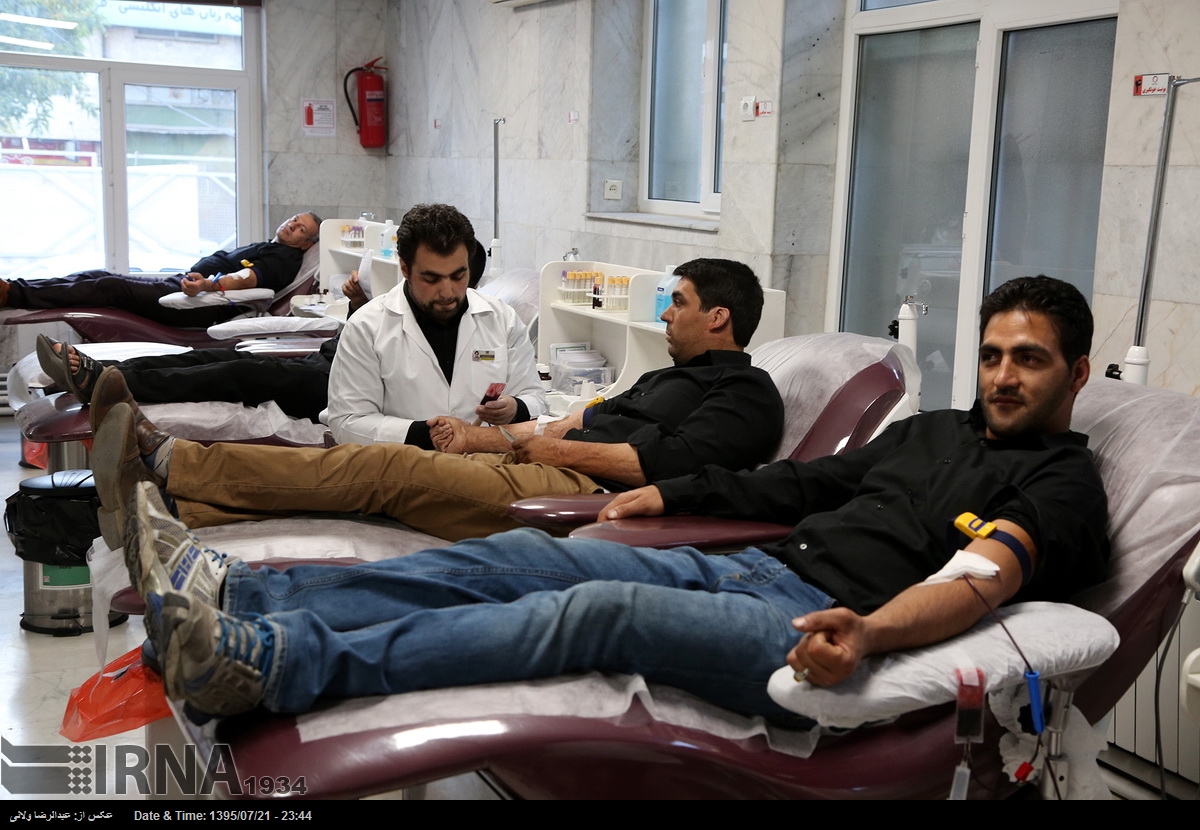When users search for the words ‘Shiite’ and ‘Ashura mourning’ in Google, they usually find graphic photos of self-flagellation rituals in different parts of the world.

However, the culture of Ashura [the tenth day of Muharram when Imam Hussein (PBUH) and his companions were martyred] has taught great lessons to Muslims and even non-Muslims in the world.
The South African anti-apartheid hero Nelson Mandela is one of the non-Muslims who was inspired by the culture of Ashura.
“I have spent more than 20 years in prison, then on one night I decided to surrender by signing all the terms and conditions of government. But suddenly I thought about Imam Hussein and Karbala movement and Imam Hussein gave me strength to stand for right of freedom and liberation and I did,” Mandela says in his writings.
There are also many more rituals and ceremonies held across Iran and other parts of the world that demonstrate the positive image of Ashura.
These are just some of the aspects of the great day of Ashura and Muharram mourning, which is limited by some foreign media to the violent and forbidden act of self-flagellation.
Many Shiite scholars, including the Leader of the Islamic Revolution Ayatollah Seyyed Ali Khamenei, have declared that self-flagellation is banned in Islamic Sharia.
However, some Muslims still do the self-harm to mourn the martyrdom of Imam Hussein, the third Shiite Imam.
According to a report by Tasnim, the move is being used by non-Muslims as a pretext to display a violent image of Shiites. On the other hand, it is harmful to the bodies of Muslims, and is thus banned in Islamic Sharia.
Ayatollah Khamenei has clearly outlined that self-flagellation is haram or banned in Islam. “Not only isn’t it an act of mourning, it also spoils the image of mourning,” the Leader says.
Therefore, Ayatollah Khamenei stresses, all followers of Islam should obey the order and avoid such moves that harm the Ahl ul-Bayt’s school of thought.
Following the fatwa by Ayatollah Khamenei and many other scholars like Ayatollah Nasser Makarem Shirazi, Iran’s Judiciary system has announced that it will prosecute whoever self-flagellates during Muharram mourning.
In Muharram, Iranians Donate Their Blood as a Religious Vow
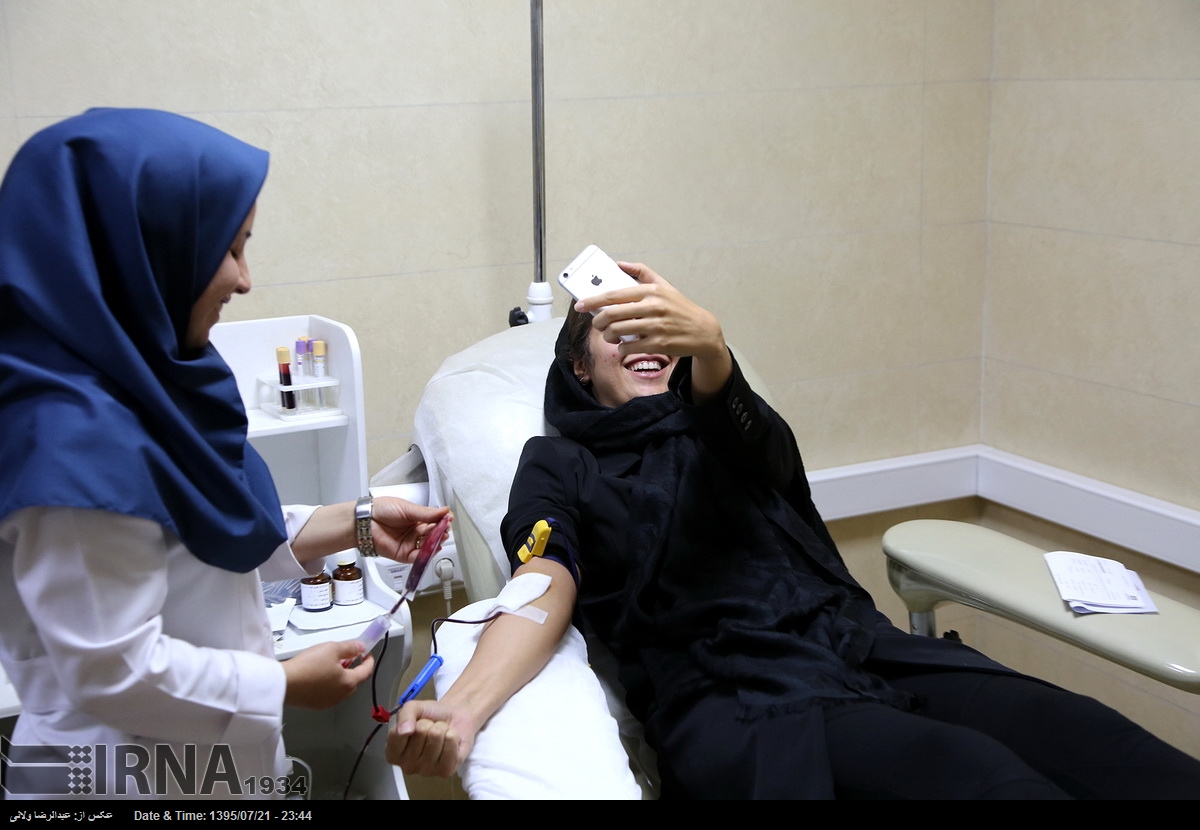
Many of those who flagellate themselves during the days of Muharram do it as a religious vow they have made in return for the fulfillment of one of their wishes.
Instead of self-flagellation, however, Iranians are following a humanitarian tradition, which is blood donation as a religious vow.
People in many cities, including northwestern holy city of Mashhad and Western Kurdish-majority city of Sanandaj, flocked to blood donation centres during the mourning days to donate their blood as part of their religious vows.
Such moves can help improve the negative image of Shiites’ mourning rituals, which are sometimes depicted by Western media through the images of self-flagellation.
